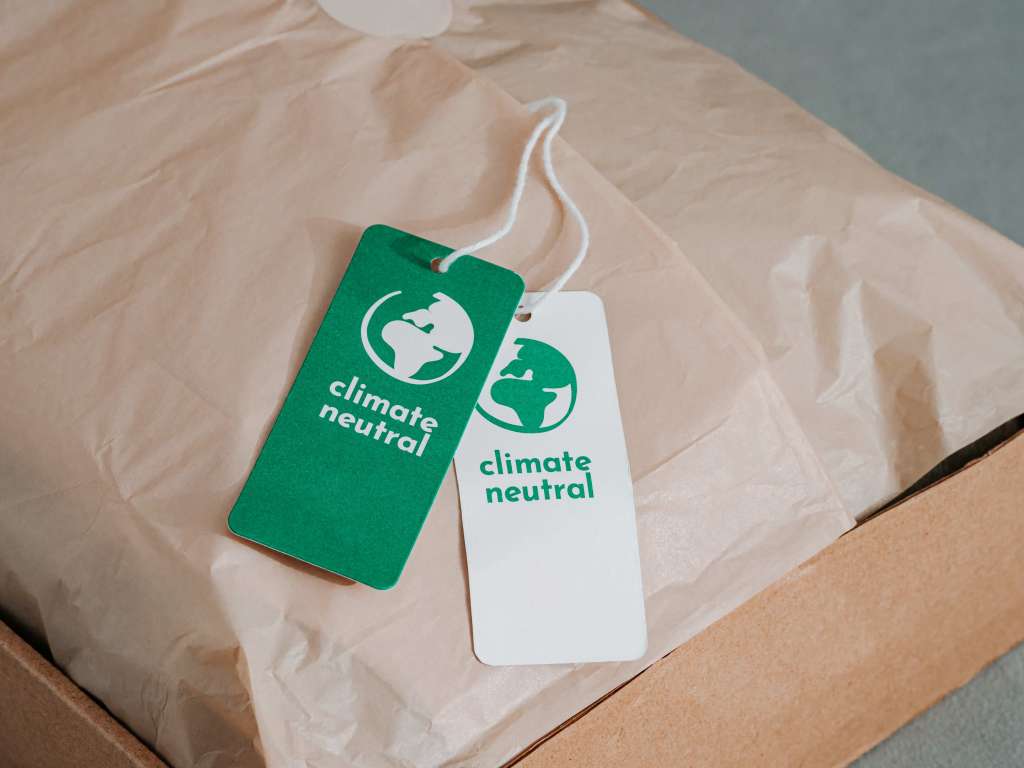Fall & Winter Sustainability Slants: Supply Chain, Packaging & Apparel



One of the most critical questions that the fashion industry faces is if and should fashion change with the changing season. Well, to answer the question simply, yes, it does. Fashion does and should change with the season. The seasons are ingrained into the fashion-industry supply chain. It is in fact, the main element when it comes to the fashion industry supply chain. A designer designs clothes according to the season and the buyers buy the clothes according to it too.
The concept of the season holds prominence in the fashion industry since people require clothes that are season specific. You cannot wear the same clothes in winter or fall that you wear during the summer or spring. This is simply because the weather during the fall or winter is colder than in summer or spring. However, it is said these days that clothing has become more of a fashion concern in the modern world than just a necessity.
Knowing about Sustainable Fashion
Fashion is an ever-changing process. The fashion industry is perhaps the fastest changing industry that you will find. If something is trending today, the same thing would be a part of the trend in the next season as well. Therefore, to cope with the trend, the fashion industry produces clothes not just rapidly, but in huge numbers too. No wonder the fashion industry is one of the biggest industries around the world.
However, fashion is a much wider aspect than just catwalks. To understand fashion, one will have to understand the supply chain that stands strong behind the production of these elements of fashion. Although the seasons keep on changing, the process of production remains the same. The production process typically involves players like farmers, spinners and yarn dryers, fabric suppliers, manufacturing factories and workers, offices and warehouses, marketers, designers, packagers, shippers, sales, and several others.
When it comes to the fashion industry, the supply chain can be segregated into five levels. These are:
· Production of the raw material
· Processing of the raw material
· Manufacturing
· Shipping and packaging
· Stores and offices
If someone wishes to understand what sustainable fashion is and what is the need for sustainable fashion, then it is crucial to first understand the fashion industry production and supply chain. The fashion industry supply chain is a web of issues that surrounds several entities and businesses which are all interconnected.
Here is a list of sustainability issues that the clothing industry faces every season due to the large number of clothes that get manufactured.
1. Climatic Changes
We may not even have an idea of how many changes clothing production can do to the climate. The climatic changes are one of the most important reasons why sustainable fashion needs to be considered. The droughts and the rising sea level are some of the major things that affect the fashion supply chain.
2. Water Usage
Water usage is another important issue. An excessive amount of water is used for manufacturing cheap clothes. This drains out a lot of unnecessary water. More than a billion people face water-related issues due to the production of clothes every season.
3. Land Biodiversity and Use
To make clothes, one will need a proper setup. This includes a production factory and a warehouse. Building a factory or a warehouse would require a lot of space. Getting this place can only be possible by cutting down trees. This is directly linked to the animals losing their habitats and the fall of biodiversity. This in return affects the health of the ecosystem.
4. Pollution and Hazardous Chemicals

Several chemicals are required for the production of clothes. These chemicals affect the environment at large by causing pollution. The rate of pollution is already increasing as days are passing. With the high-scale production of clothes, the rate of pollution, both air as well as water, is only predicted to keep increasing.
5. Waste and Consumption
Fashion is an ever-changing process. People too soon get bored with what they wear. This makes them go and buy more clothes. The more clothes that people buy leads to the production of more clothes. The more clothes get produced, the more it affects the environment. The production level has doubled in the last few years. There is as much wastage as production. Hence, sustainable fashion must be looked into.
6. Diminishing Resources
The source of clothing is dependent on many things that have a diminishing nature. These can include either human or natural resources. However, both of these resources can finish off and in the case of natural resources, we would not even be able to retrieve them.
7. Wellbeing
The overall well-being of the workers is one of the main reasons why sustainable fashion must be prioritized. As the demand for clothes is increasing, the worker's workload is increasing too. They are unable to look into their health issues and hence several instances arise that are major causes of concern.
8. Modern Day Slavery
We might live in a modern world where fashion is an ever-changing concept. However, one thing that has not made any difference is the system of slavery. The high demand for clothes production still forces children to become laborers. Yes, it is illegal. However, it is something that is still happening.
No wonder why we need to turn our heads toward sustainable fashion.
Sustainable Packaging
One of the major parts of a supply chain is the packaging. Packaging wastage can be controlled through sustainable packaging. The packaging industry just like the fashion industry is evolving all the time. There are three basic principles when it comes to sustainable packaging. These are also considered the three Rs of sustainable packaging. These are:

· Reduce
· Reuse
· Recycle
1. Reduce
Reducing the number of resources and materials used that are required for shipping the packaging can bring about a great impact on the supply chain. Using folding boxes for exporting goods can be considered a great idea in such cases since it can save up a lot of space.
2. Reuse
Reusing is the best way of sustainable packaging. Getting packaging for clothing that can be used for various other purposes saves a lot of money at the same time there is no possible chance of wastage. The more these packaging are reused, lesser will they get produced. This will also lower the emission of CO2.
3. Recycle
Once the purpose of a package is served, it must be sent out to be recycled so that the same package can be used for serving a different purpose. Packaging manufacturers are keen on recycling used packages as a sustainable solution.
Bottom Line
The fashion industry is changing and it will keep changing since the trends will never stop. Changing or reversing production should not be a concern since businesses need to survive too. Rather concentration on sustainable fashion is something that can be keenly looked at since that can be in control. Therefore, to make a visible change in the supply chain, starting with the basics is extremely important.
Fashinza is an advanced AI-based platform that upgrades the supply chain process with analytical support. We provide the best-in-quality information to synchronize and streamline the fashion industry operations with our tech solutions.




















